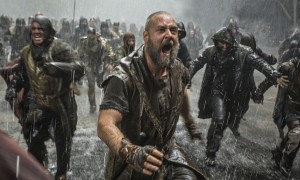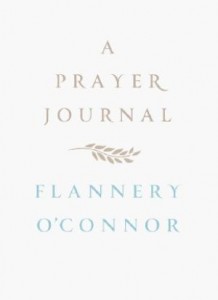(The Words, Written and directed by Brian Klugman and Leon Sternthal; PG-13)
I liked The Words when I saw it, but I have to qualify that “liking” by adding that I saw it at Sundance. It was all the rage this year in Park City, mainly because, as one film student expressed it to me while shivering at a bus stop, “It looks like, you know, a real movie.” There are always so many weird slash cheap slash foreign slash cheap slash experimental slash cheap slash “this is only here because it is so bleepin’ politically correct” slash cheap films at Sundance, that when you do catch one that has a little slickness in production value, the tendency is to heap it with raves as a gift of coherence and worth. At Sundance, it’s so not about the audience that I often struggle with the feeling of intruding on the filmmakers’ private cosmos while I’m having the audacity to screen their films.
The Words is the first feature screenplay by the team of Klugman and Sternthal and so is burdened by many of the usual beginning writer mistakes. Still it’s far from dreadful, just awkwardly unaware of its own clichés and lack of depth. Somebody may have gutted the script, but I think it is more likely that because of the writers’ inexperience, the project was never smart enough in the first place. Most drama-prone viewers will come away liking parts of it and feeling as though the movie is grappling with something important, but not sure why it isn’t something great to rave about to friends. I, for example, couldn’t bring myself to see it again for this review. I thought about it, which says something, but then couldn’t make myself sit through it twice, which says something else.
The premise is very good, really the best thing in the piece. The dilemma for Bradley Cooper’s starving, unpublished novelist is one of which every artist can feel the power because creativity is so damn hard and producing something worthy even when you have a great idea is even more grueling. The movie invites us into the delicious hypothetical: what if I stumbled over an amazing piece of work, and then was able to pass it off as my own? (gurgle of wicked laughter) Could I live happily if everybody thought I was better than I really am? Sadly for the story (and Hollywood and the human family), the movie doesn’t have much to offer by way of answers to these. It’s endemic with Gen-X stories that they have compelling questions but no authoritative answers. (Somebody smack a Boomer for us all.) Still, I give the movie chops for actually suggesting that crime really doesn’t pay and that choices have consequences. I wish the film had had the courage to have the main character suffer from his choice before he is confronted by it. But that’s probably too Christian an underpinning for most studio executives to allow.
The movie is dragged down by its way too cute structural device of telling a story in a story in a story. Ironically, because of a lack of conflict, the movie has too many stories and not enough plot. The A-story here, and the one that we mostly care about is the one featuring Cooper as writer Rory. Early on, however, we figure out that Rory’s story isn’t really “real,” but just a story being told by the, kind of, jerky author in the C-story. Which kind of guts our emotional journey. The B-story, which we care about less than the A-story but more than the C-story, is from the purloined novel and is about love and loss in sepia-toned WWII Paris. The C-story comes down to an annoyingly fatuous flirtation between the writer of the A and B story, played by Dennis Quaid and one of his groupies, played by Olivia Wilde. There is no story in the C-story but rather one long conversation meant to hash out the moral dilemmas in the A-story – just in case you aren’t getting how cool and important the premise is.
Probably the best part of the movie is Rory’s gradual descent into deceit. He isn’t a bad guy, which is, a key part of a relatable character. He is a character weakened by failure and need, and it allows him to flirt with evil, and then entertain it, and then lose himself in it. It’s a spiraling dance downward of which we all should live in fear.
Production design is fine for most of the story here. The Paris part is a bit cheaply done, but not enough to distract. There isn’t much to say about the acting, mainly because there isn’t that much for the actors to do. It is particularly painful to watch Dennis Quaid and Olivia Wilde flail around drinking in each other in between gulps of champagne. Jeremy Irons is great to watch, and Bradley Cooper has the cute thing he does wrinkling his forehead, and Zoe Saldana is lovely. Watching their lives unravel is never as emotional as it should have been, but it’s mostly pleasant to follow.
So, The Words is a bit too wordy and a bit weak on movement, but there is a clear arc of transformation for the main character as his sins wreak their consequences. It looks good and does keep you wondering how it’s all going to end. The movie is good not great, but if you are hungry for a drama without gratuitous sex and violence, you’ll find it a good night at the movies.











